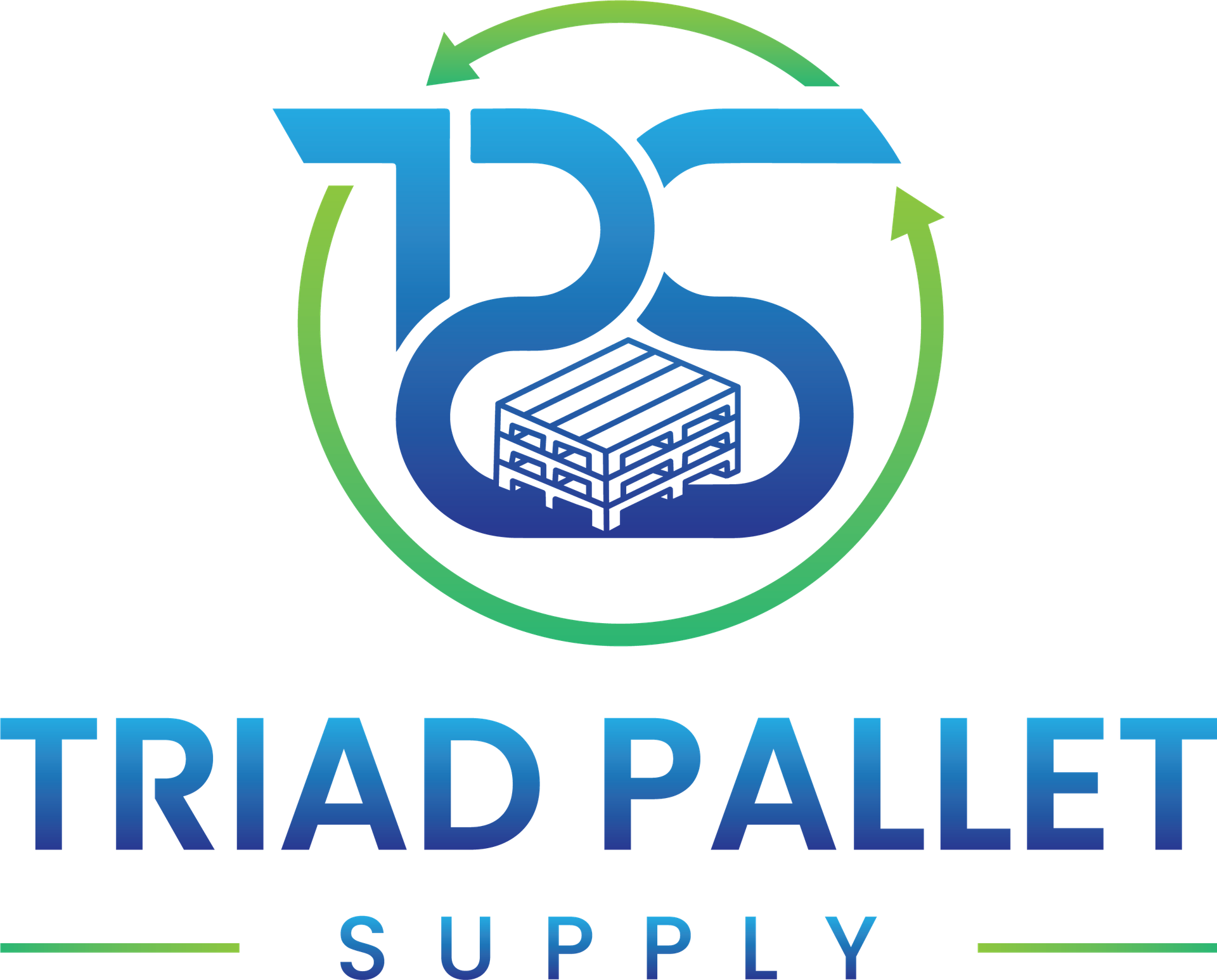
DOWNSIDES OF BUYING PALLETS FROM PALLET SCAVENGERS
While many companies purchase new pallets from manufacturers or suppliers, others opt to buy used ones from pallet scavengers or reclaimers. However, there are several downsides to buying pallets from these sources that buyers should be aware of. Pallets play an essential role in the logistics and transportation industry, serving as a stable platform for storing and transporting goods. While purchasing used pallets can be an economical option, it is important to consider the potential downsides associated with buying them from pallet scavengers. In this blog post, we will explore some cons of purchasing used pallets from scavengers.
1. Quality Control: One major concern when purchasing used pallets is the lack of quality control. Pallet scavengers typically collect discarded pallets from different locations without thoroughly inspecting them for damage or defects. As a result, there could be hidden issues such as broken boards, loose nails or splinters that may compromise the integrity and safety of the pallet.
2. Inconsistent Sizes and Shapes: Another drawback of buying recycled pallets is their inconsistent sizes and shapes. Pallet scavengers often gather various types of pallets at random which can make it difficult for businesses to stack them evenly or effectively utilize space during transportation or storage operations.
3. Limited Durability: Used wooden pallets have already undergone wear and tear through previous uses before being reclaimed by scavengers – this means they generally offer less durability compared to new ones manufactured with high-quality wood species like hardwoods (such as oak) or engineered woods (like plywood). The reduced strength in older wooden boards poses potential risks when stacking heavy loads on top, potentially leading to accidents resulting in damaged goods or injuries.
4. Contamination Risks: When purchasing recycled wooden pallets from unknown sources, there's always a possibility they may have been exposed to contaminants such as chemicals, oils, pests, bacteria, mold spores etc., especially if they were previously utilized within industries handling hazardous materials like chemicals or food products prone to spoilage hazards like poultry processing facilities where poultry waste can contaminate surfaces including those found on transport containers like wooden palettes since these residues might not be fully removed during the reclamation process. The presence of such contaminants can compromise the safety and hygiene standards of goods being transported or stored on these pallets.
5. Compliance Issues: Many industries operate under specific regulations that require certain types of pallets to meet particular standards, such as those related to sanitary requirements for food products or restrictions on using wooden packaging materials due to pest control measures in international shipments. Buying used pallets from scavengers may increase the risk of non-compliance with such regulations, potentially leading to legal consequences and financial losses for businesses involved.
6. Lack of Support: Purchasing new pallets often comes with support from manufacturers or suppliers who offer warranties, assistance in case of issues, and guidance on proper handling and maintenance practices. However, when buying reclaimed pallets from scavengers, there is generally no customer support available should any problems arise after purchase.
7. Hidden Costs:
Opting for cheap used wooden or plastic pallet options might initially seem cost-effective; however, there are hidden costs associated with choosing low-quality alternatives sourced through scavengers instead of trusted suppliers:
a) Increased Maintenance: Used pallet varieties typically require more frequent repairs compared to newer counterparts sourced through reliable channels.
b) Lower Lifespan: Inferior materials and compromised structural integrity can result in shorter lifespans, requiring more frequent pallet replacements.
c) Reduced Efficiency: Non-standard sizes or damaged parts may impede your operations, leading to decreased efficiency and potential losses.
8. Environmental Concerns:
While reusing materials is an environmentally conscious choice, purchasing from scavengers might not always align with sustainability goals. Some unregulated pallet vendors may contribute to illegal dumping practices or lack proper recycling procedures for unusable pallets. Supporting such businesses inadvertently perpetuates unsustainable waste management practices.
Conclusion:
Although buying used pallets from scavengers might seem like a cost-effective solution at first glance, it is important to consider the downsides associated with this sourcing method. Quality concerns, lack of traceability, compatibility issues, hidden costs, and environmental implications are all factors that should be taken into account when considering whether these alternatives align with your business objectives and long-term sustainability goals. To ensure reliable quality assurance and optimal operational efficiency within your supply chain network, working directly with reputable manufacturers or distributors remains the recommended approach when procuring new or used pallets.
1. Quality Control: One major concern when purchasing used pallets is the lack of quality control. Pallet scavengers typically collect discarded pallets from different locations without thoroughly inspecting them for damage or defects. As a result, there could be hidden issues such as broken boards, loose nails or splinters that may compromise the integrity and safety of the pallet.
2. Inconsistent Sizes and Shapes: Another drawback of buying recycled pallets is their inconsistent sizes and shapes. Pallet scavengers often gather various types of pallets at random which can make it difficult for businesses to stack them evenly or effectively utilize space during transportation or storage operations.
3. Limited Durability: Used wooden pallets have already undergone wear and tear through previous uses before being reclaimed by scavengers – this means they generally offer less durability compared to new ones manufactured with high-quality wood species like hardwoods (such as oak) or engineered woods (like plywood). The reduced strength in older wooden boards poses potential risks when stacking heavy loads on top, potentially leading to accidents resulting in damaged goods or injuries.
4. Contamination Risks: When purchasing recycled wooden pallets from unknown sources, there's always a possibility they may have been exposed to contaminants such as chemicals, oils, pests, bacteria, mold spores etc., especially if they were previously utilized within industries handling hazardous materials like chemicals or food products prone to spoilage hazards like poultry processing facilities where poultry waste can contaminate surfaces including those found on transport containers like wooden palettes since these residues might not be fully removed during the reclamation process. The presence of such contaminants can compromise the safety and hygiene standards of goods being transported or stored on these pallets.
5. Compliance Issues: Many industries operate under specific regulations that require certain types of pallets to meet particular standards, such as those related to sanitary requirements for food products or restrictions on using wooden packaging materials due to pest control measures in international shipments. Buying used pallets from scavengers may increase the risk of non-compliance with such regulations, potentially leading to legal consequences and financial losses for businesses involved.
6. Lack of Support: Purchasing new pallets often comes with support from manufacturers or suppliers who offer warranties, assistance in case of issues, and guidance on proper handling and maintenance practices. However, when buying reclaimed pallets from scavengers, there is generally no customer support available should any problems arise after purchase.
7. Hidden Costs:
Opting for cheap used wooden or plastic pallet options might initially seem cost-effective; however, there are hidden costs associated with choosing low-quality alternatives sourced through scavengers instead of trusted suppliers:
a) Increased Maintenance: Used pallet varieties typically require more frequent repairs compared to newer counterparts sourced through reliable channels.
b) Lower Lifespan: Inferior materials and compromised structural integrity can result in shorter lifespans, requiring more frequent pallet replacements.
c) Reduced Efficiency: Non-standard sizes or damaged parts may impede your operations, leading to decreased efficiency and potential losses.
8. Environmental Concerns:
While reusing materials is an environmentally conscious choice, purchasing from scavengers might not always align with sustainability goals. Some unregulated pallet vendors may contribute to illegal dumping practices or lack proper recycling procedures for unusable pallets. Supporting such businesses inadvertently perpetuates unsustainable waste management practices.
Conclusion:
Although buying used pallets from scavengers might seem like a cost-effective solution at first glance, it is important to consider the downsides associated with this sourcing method. Quality concerns, lack of traceability, compatibility issues, hidden costs, and environmental implications are all factors that should be taken into account when considering whether these alternatives align with your business objectives and long-term sustainability goals. To ensure reliable quality assurance and optimal operational efficiency within your supply chain network, working directly with reputable manufacturers or distributors remains the recommended approach when procuring new or used pallets.
